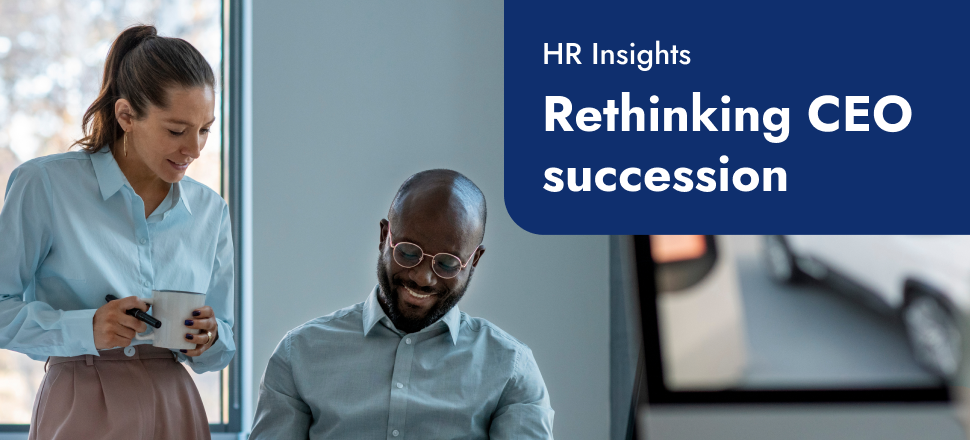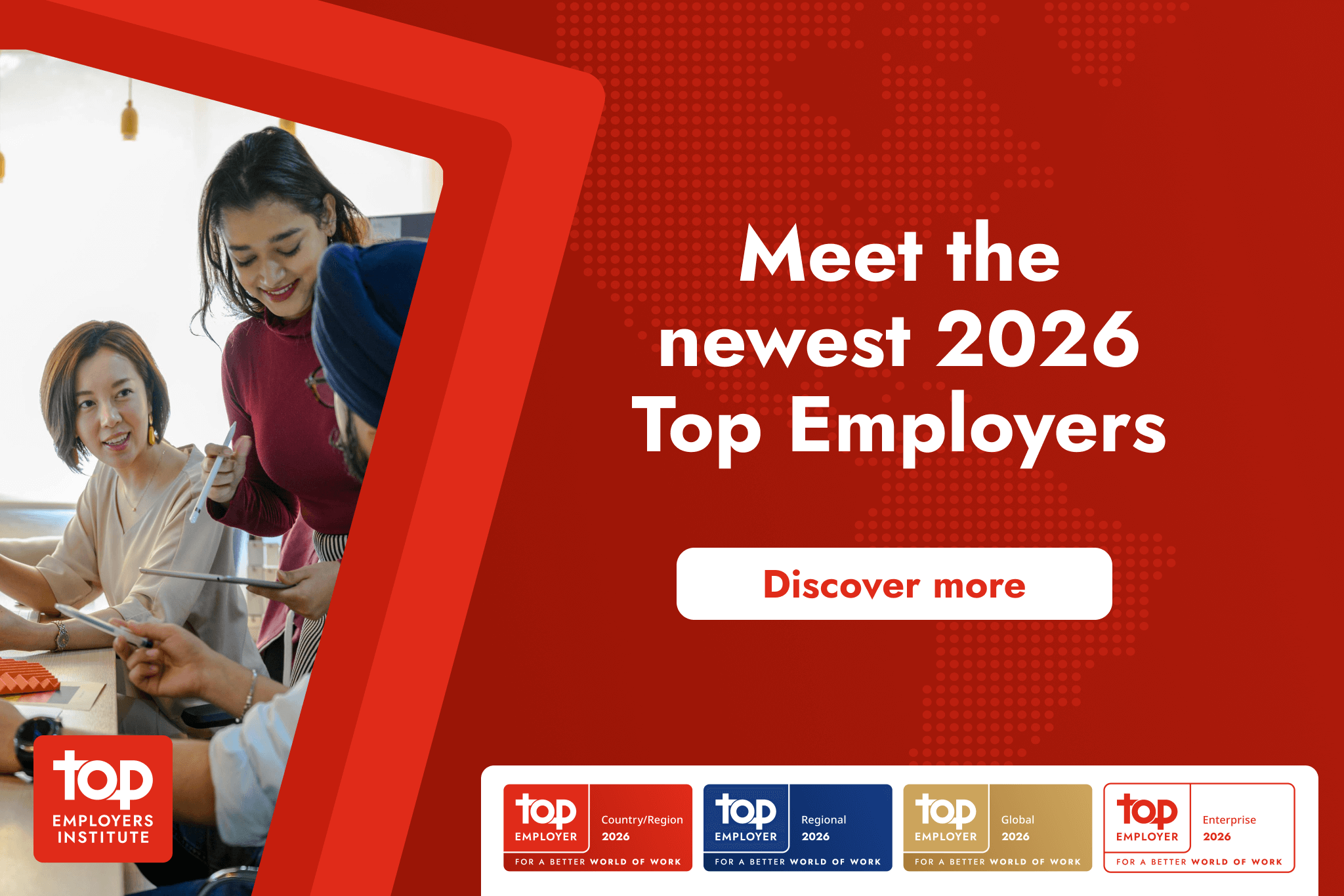Despite being closest to some of the organisation’s most powerful data, CHROs are still rarely viewed as a natural pipeline to the CEO role. Talent supply and demand, leadership capability, productivity signals and cultural friction increasingly determine whether strategy succeeds or stalls. And yet, when boards make CEO appointments, HR backgrounds remain the exception rather than the rule. In this conversation, Adrian Seligman, CEO of Top Employers Institute, speaks with Devi Virdi, Interim CEO of CSSC, a membership organisation supporting more than 135,000 UK public sector employees through sport, wellness and leisure. Together, they explore why the HR-to-CEO transition remains so uncommon and what would need to change for boards to take a broader view of CEO readiness.
The discussion looks at the structural barriers shaping succession decisions, from outdated perceptions of HR as a support function to the continued preference for traditional P&L-heavy career paths. It also explores practical shifts that can change the odds, including reframing people strategy in enterprise value terms, gaining visible commercial accountability and broadening how boards define leadership potential.
Watch the full conversation below.

